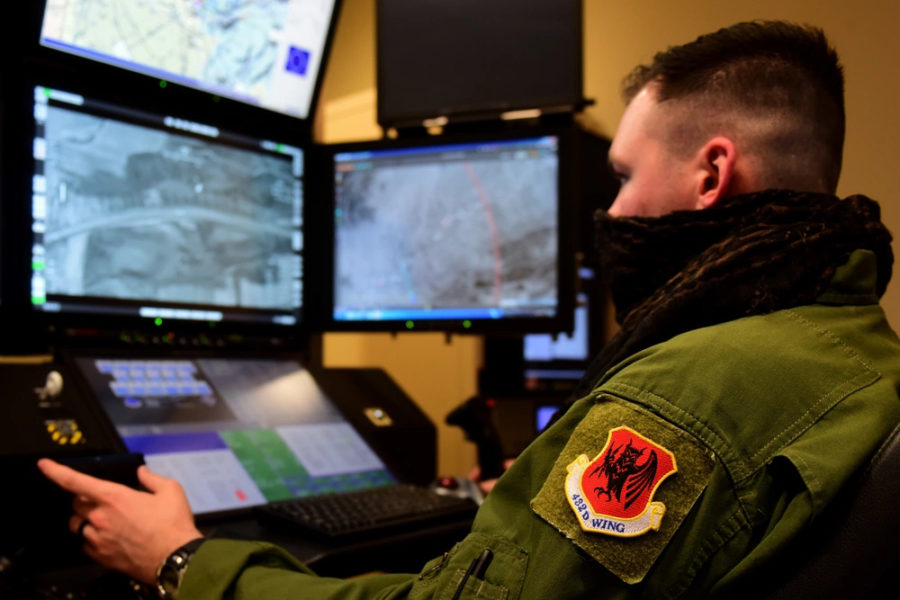Troops were “fatigued, worn, and frayed around the edges” in 2013, as the Government Accountability Office put it. That was when U.S. Special Operations Command established its Preservation of the Force and Family program designed to provide extra resources for service members’ holistic well being as SOCOM’s mission set increased.
Now, nearly a decade later, lawmakers on the House Armed Services personnel subcommittee want the Air Force to pursue something similar for its drone pilots.
In its markup of the 2023 National Defense Authorization Act, the panel directs the Air Force to work with SOCOM to study its program “to determine applicability to the remotely piloted aircraft aircrew community” as well as to look at the need, feasibility, and cost of establishing such a program.
The results of that analysis would need to be delivered to Congress by April 1, 2023, the mark states.
The mental health and welfare of RPA pilots has been a topic of concern for years now. In 2014, an Air Force study of roughly 1,000 operators found that 4.3 percent experienced moderate to severe post-traumatic stress disorder. That figure was lower than the numbers typically seen in those returning from deployment but was higher than the rates reported in electronic medical records for drone pilots, suggesting the problem was more widespread than previously thought.
Since then, drone operations have only increased, and in 2015, Air Force officials reportedly said the fleet was at a “breaking point” as more and more pilots left the service and those remaining had to sustain a high ops tempo.
Since then, media reports have continued to highlight the stress and trauma that drone pilots can face, resulting in PTSD or “moral injury.” Most recently, the New York Times released a report detailing stories of Airmen grappling with the psychological effects of their work, particularly when it comes to civilian deaths.
In one study included in the report, “the proportion of crew members reporting post-traumatic stress disorder and thoughts of suicide was higher than in traditional aircrews.”
In addition to suggesting that RPA pilots should have “access to a program directly comparable to the U.S. Special Operations Command Preservation of the Force and Family program,” the HASC personnel subcommittee also included a provision in its mark registering concern “about the overall management of remotely piloted aircraft crews, not only long-term career management but increasingly whether they are provided with or have access to respite, mental health, and family support.”
“Considering most of the crews have largely been deployed in place for the last 10 years, the committee believes the Air Force should have addressed the issues of work-life balance in this community, similar to a deploy-to-dwell tempo that is applicable for deployed forces,” the mark states.
As a result, the mark would require the Secretary of the Air Force to submit a separate report, also by April 1, 2023, that would detail the total number of RPA crew members in the Air Force, their retention and promotion rates over the past five years, the number of combat hours they fly, the kinds of mental health resources available to them, and the number of mental health visits or check-ins required.
The report would also need to include details on the combat-related recognitions available to RPA crews as compared to those of traditional aircraft. The committee expressed concern over how the Air Force considers “having been in combat for the purposes of recognition and access to combat-related benefits.”
The full House Armed Services Committee is set to meet and mark up the 2023 NDAA on June 22.
